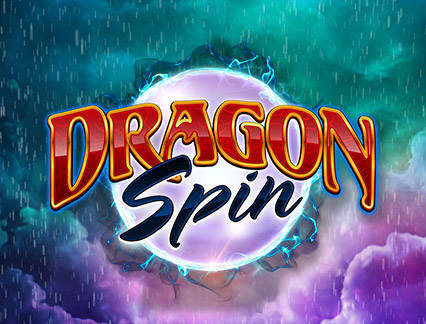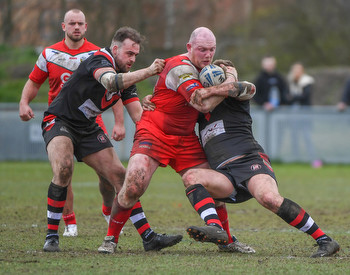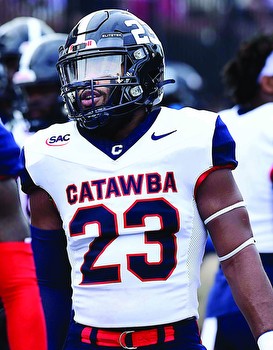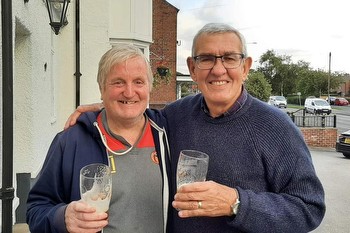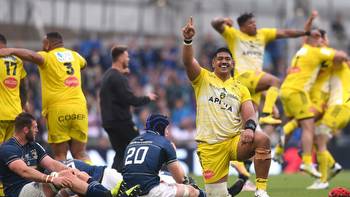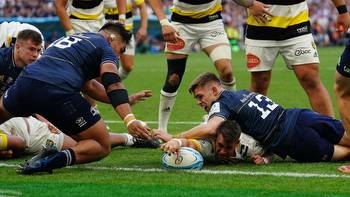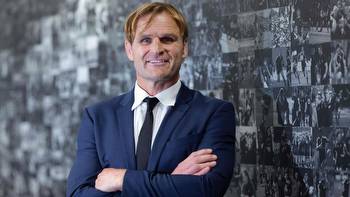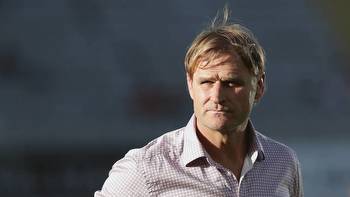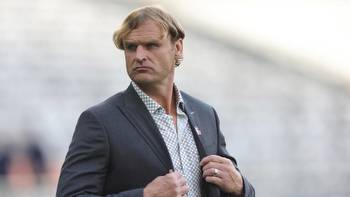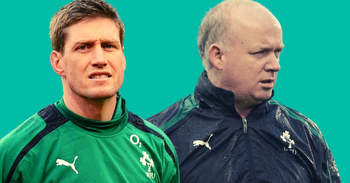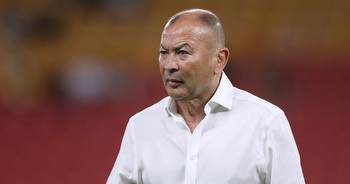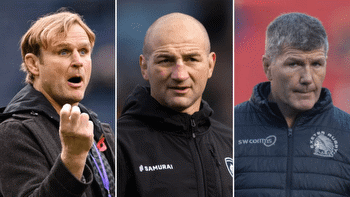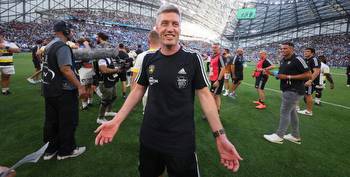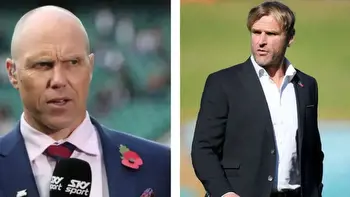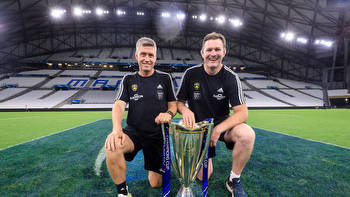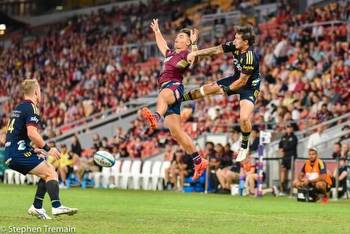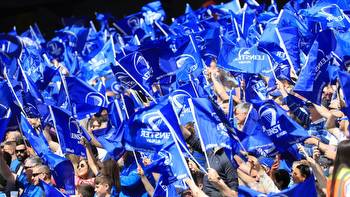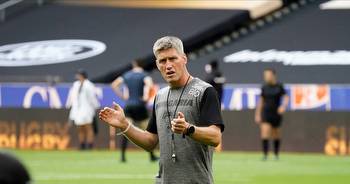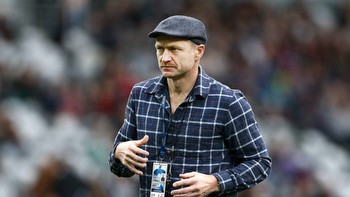'Putting out the cones wasn't easy': Ronan O'Gara reflects on a decade in coaching
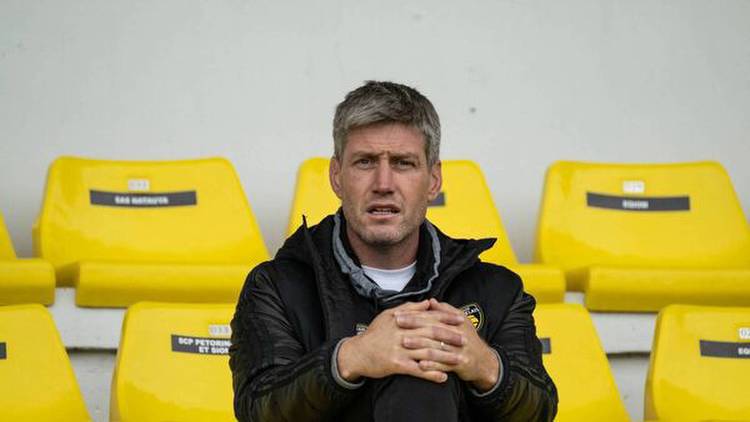
“You can’t be a friend and a coach at the same time,” La Rochelle’s Ronan O’Gara insisted as he looked back over his first 10 years in coaching - during which he has won a Top 14 title, two Super Rugby crowns and the Champions Cup.
In a long interview with Midi Olympique to mark a decade on the outside of the touchline after 15 years as a player, O’Gara explained he had been too close to his team-mates at Thomond Park to consider becoming their coach straight away, despite the offer of a one-year coaching contract when he hung up his boots.
“I was close to a lot of players, I admired a lot of them,” he said. “You can't be a friend and a coach at the same time. It was hard enough to stop - it would have been even harder if I stayed in Cork.”
The first two years were the most difficult in his transition from title-winning player to title-winning coach. “It was horrible,” he said.
“I was kicking in front of 80,000 people and suddenly it was over. And I knew I would never do that again.
“It's a lot harder for top players: you've had the greatest moments, great highs and lows - and then it's gone. After 24 months, it started to get better. But for two years, I was in another world.”
The chance to join Racing 92 had come about following a chance meeting with coaches Laurent Travers and Laurent Labit. He discovered he had much to learn in the early days at the club’s Plessis-Robinson training facility. “At first, even if you have a good knowledge of rugby, you have no ability as a coach,” he said. “I’d been a player for 15 years. Everything was done for me. All I had to do was to come onto the field.
“The first time I had to set up the cones, it wasn't easy. Preparing a session is a real challenge, especially when you're coaching great players. It's really difficult at first.”
As well as finding a new environment to begin his coaching career, moving to France and learning the language gave O'Gara and his family something to focus on that wasn’t the game he’d lived for so long.
“For 16 years I was focused on playing rugby. All that time, my life was about going from stadium to stadium - London, Cardiff, Johannesburg - eating club sandwiches, kicking again and again, whether it was a training day or an off day. On December 25, I would go out to kick.
“That's what you're conditioned to do and it's hard to get away from it. But there's life after that.”
While his four years at Racing helped, his experience in New Zealand, under Scott Robinson at Crusaders, altered O’Gara’s coaching mindset. “I still have some bad habits, things I can't break,” he admitted.
“The Crusaders’ stint was very important. It allowed me to bring positivity to my life. I had been trained, like many Irish people, to be an underdog.
“Back then, when we played the All Blacks, for example, the coaches didn't believe we would win. For today's players, it's normal to expect a win against New Zealand. It wasn't for us and that's a shame.
“We are all victims of our environment but we have to grow up. It's the same here, at La Rochelle: the first title is always the hardest to get.”
The first one came last May, when La Rochelle came from behind to beat Leinster in the Champions Cup final in Marseille and lift the first major trophy in the club’s history. A year previously, La Rochelle had missed out on European and domestic glory, losing in the Champions Cup and Top 14 finals to rejuvenated title machine Toulouse.
“Now, I hope that it will be normal for La Rochelle to win trophies. I'm not afraid to say that. Our status has changed - that's a compliment. I want great players to come to La Rochelle to win things. The best teams are led by great players, not a great manager.”
O’Gara said he does not want sheep in his squad. “I like to be challenged, to be asked, ‘Why are we doing this?’, or to be told, ‘We have a better idea, coach’. When I was a player, I liked to know why we were doing things. My role is to make the players better, to enrich them. That's the goal, because they're the ones playing.”
His great coaching secret? There isn’t one, he said. “It's a huge privilege to be a coach. I find it very interesting to follow the progress of each player. Each one is different, with his own qualities, his own mentality...
“You need a lot of empathy, especially with this generation. You need to evolve, stay young, listen. That's something I love. The way of telling the story, of inspiring young people is not the same as 20 years ago.
“I'm still convinced that success comes from hard work and a healthy lifestyle. I am passionate about everything to do with preparation. I can't imagine a talent could be wasted. My strong point was my brain. I was able to think two, three seconds ahead, to see the possibilities. But as an athlete, I was very, very average.”
O’Gara will soon return to the touchline after serving a 10-week ban for ‘inappropriate comments’ directed at the head of France’s referees.
“I didn't help myself at the time,” he admitted. “I was very frustrated. I had sent some strong images [on player safety] and my language was, shall we say, poor.
“It was a private conversation. The rules are not the same for everyone, apparently. I got a week's more suspension than a player who attacked one of my best players with his head.”
